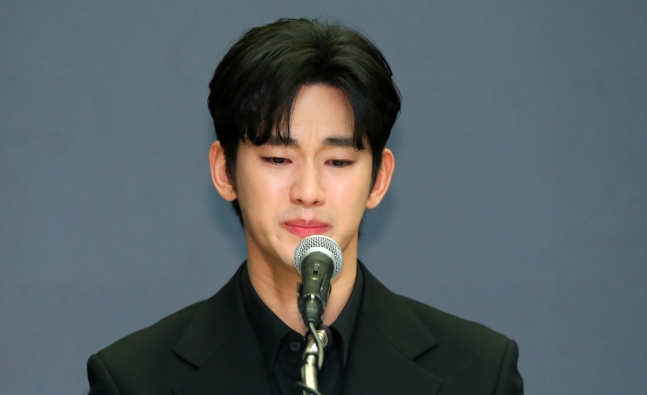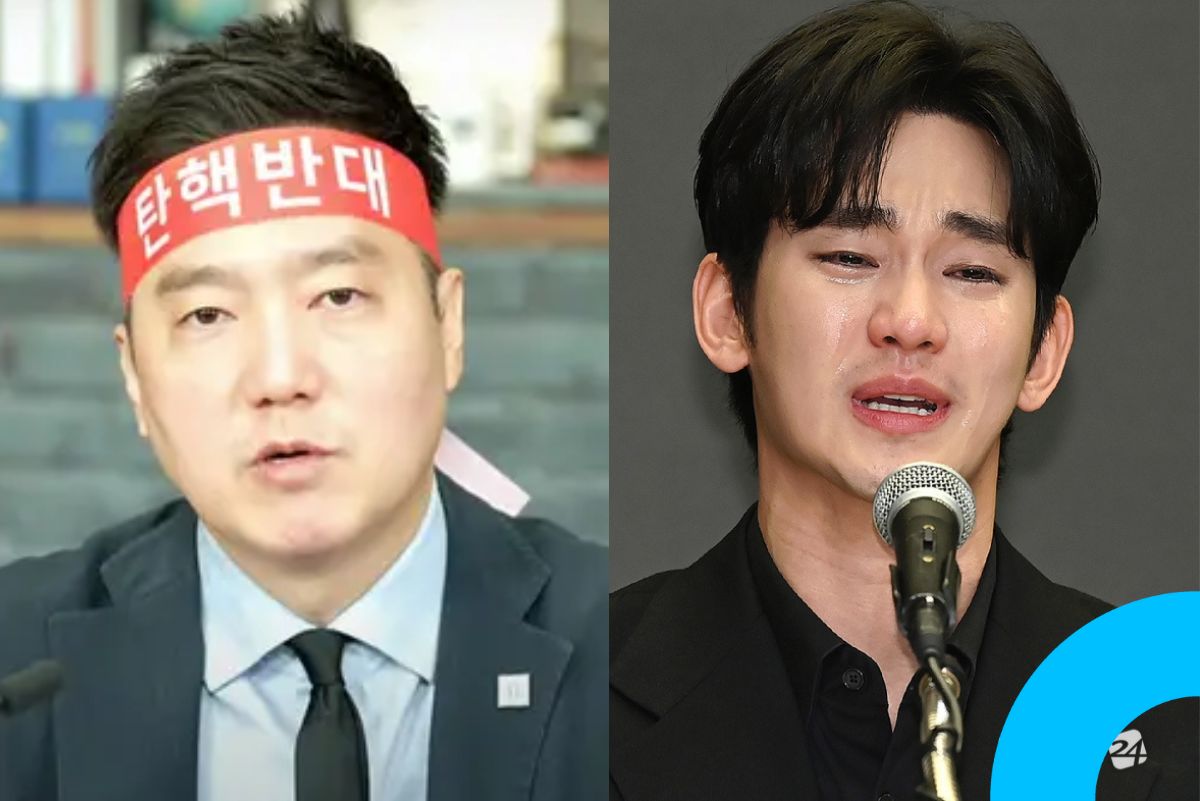Kim Soo-hyun Unlikely to Face Criminal Charges Amid Growing Petition for Law Reform, Said Legal Experts

Actor Kim Soo-hyun continues to face growing scrutiny amid allegations surrounding his alleged relationship with the late actress Kim Sae-ron during her teenage years. While Kim Soo-hyun has denied the accusations, the victim’s family and the Garo Sero Research Institute are intensifying their efforts most notably through a National Assembly petition pushing for stricter statutory rape laws.
Petition to Punish Kim Soo-hyun for Statutory Rape Gains Steam
On March 31, a petition titled “Petition to Raise the Age Limit for Statutory Rape and Strengthen Punishment – The So-Called ‘Kim Soo-hyun Prevention Bill'” was posted on the Assembly’s website. It demands legal reform to better protect minors and increase penalties for violations. “The current statutory rape law only protects children aged 13 or older but under 16,” the petition states. “We demand that the age limit be raised to 13 or older but under 19, with harsher penalties.”
The petitioner added, “Korean law defines minors as those under 18, yet child predators can escape justice under current statutory rape laws. We propose raising the age limit to 13–19 and increasing the minimum sentence to at least five years in prison.”

The Garo Sero Research Institute, which has consistently released materials tied to the case, confirmed, “The late Kim Sae-ron’s family shared this petition link with us. They hope no more victims like her will emerge.”
The petition is gaining traction. As of 2PM (KST) on April 7, it had gathered 54,780 signatures, meeting its goal of 50,000 signatures within 30 days. As a result, it will be referred to the relevant National Assembly committee and after review, will be decided whether to submit it to the plenary session.
Legal Expert Weighs In: “Without Evidence or Testimony, Conviction Unlikely”
On April 1, attorney Park Sung-bae appeared on YTN’s “News UP,” analyzing the chances of legal punishment for Kim Soo-hyun in light of the current laws and available evidence.
“The family has been gradually releasing evidence suggesting an underage relationship, which likely pressured Kim Soo-hyun,” Park said. “Beyond psychological stress, he likely feared financial losses and damage to his industry connections.”

Regarding Kim’s recent press conference, Park commented, “His confident tone suggests he believes he can refute allegations with prepared counter-evidence.” Yet legally, Park believes the situation is far from black-and-white. “Whether Kim Soo-hyun dated Kim Sae-ron when she was a minor is unlikely to become a core legal issue. The family cannot hold him fully accountable, yet the debate has unexpectedly centered on this.”
Even though messages and visuals have been released online suggesting a close relationship, Park cautioned, “Proving this in court remains difficult due to insufficient evidence.” He clarified how the Criminal Act applies, “If a person aged 19 or older has sexual contact with someone aged 13–16, it is punishable as statutory rape, regardless of coercion. If proven, Kim Soo-hyun could face charges.”

However, he emphasized, “Since Kim Sae-ron is deceased, investigations are practically impossible. Without her testimony or concrete evidence, pursuing a sexual violence case is premature.” and concluded, “Even if Kim Soo-hyun is accused, the likelihood of punishment remains low unless stronger evidence emerges.”
As legal debates and public sentiment intensify, the focus has shifted from personal accusations to long-standing legal gaps — and whether this case will be the turning point that changes Korea’s statutory rape laws.


